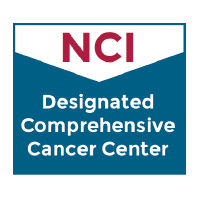
Fallopian Tube Cancer
Fallopian tube cancer, also known as tubal cancer, develops in the fallopian tubes that connect the ovaries and the uterus. It is very rare and accounts for only 1 percent to 2 percent of all gynecologic cancers. About 1,500 to 2,000 cases of fallopian tube cancer have been reported worldwide. Approximately 300 to 400 women are diagnosed with the condition annually in the United States.
It is more common for cancer to spread, or metastasize, from other parts of the body, such as the ovaries or endometrium, than for cancer to actually originate in the fallopian tubes.
Fallopian tube cancer typically affects women between the ages of 50 and 60, although it can occur at any age. It is more common in Caucasian women who have had few or no children.
Because this cancer is so rare, little is known about what causes it. However, researchers are investigating whether genetics play a role. There is evidence that women who have inherited the gene linked to breast and ovarian cancer, called BRCA1, are also at an increased risk of developing fallopian tube cancer.
Our Approach to Fallopian Tube Cancer
UCSF offers innovative, compassionate care in a supportive environment to women with fallopian tube cancer. Our team includes gynecologic oncologists, gynecologic cancer surgeons, radiation oncologists and nurses with special training in reproductive cancers.
We believe that education is a powerful part of the healing process. Our team works with each patient to help her understand her condition and all her treatment options, so we can decide together on the best course of action.
Awards & recognition
-

Among the top hospitals in the nation
-

Best in Northern California for cancer care (tie)
-

Designated comprehensive cancer center
UCSF Health medical specialists have reviewed this information. It is for educational purposes only and is not intended to replace the advice of your doctor or other health care provider. We encourage you to discuss any questions or concerns you may have with your provider.





